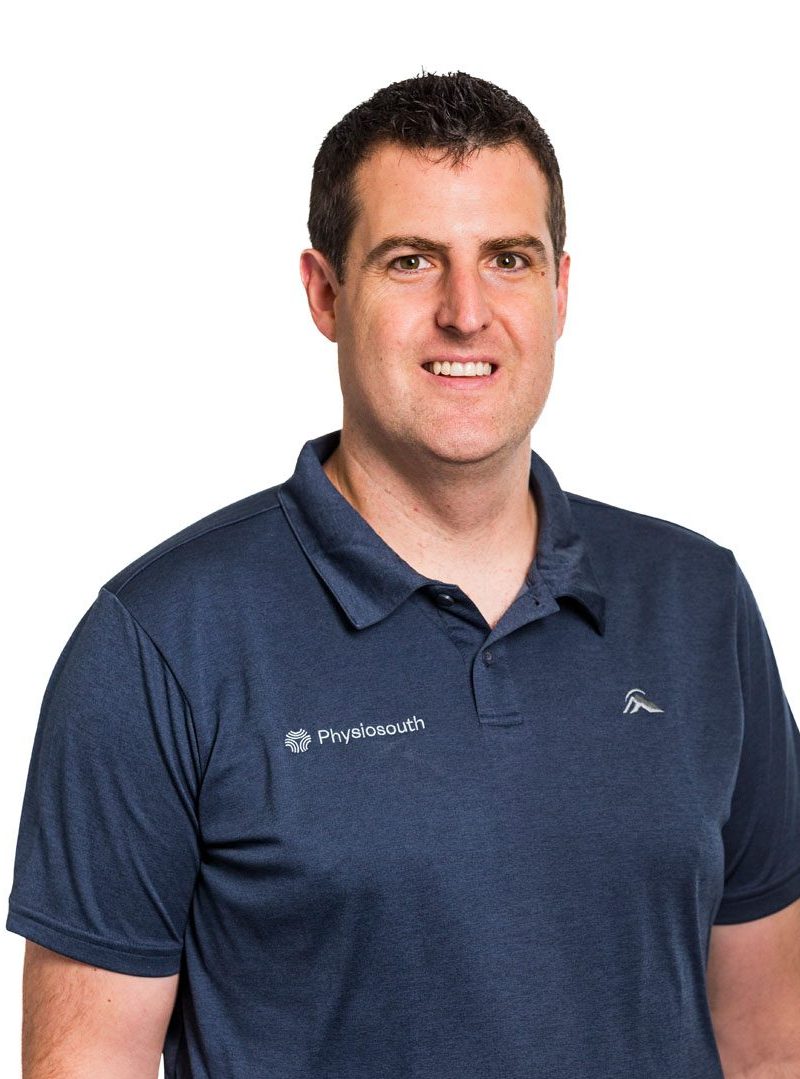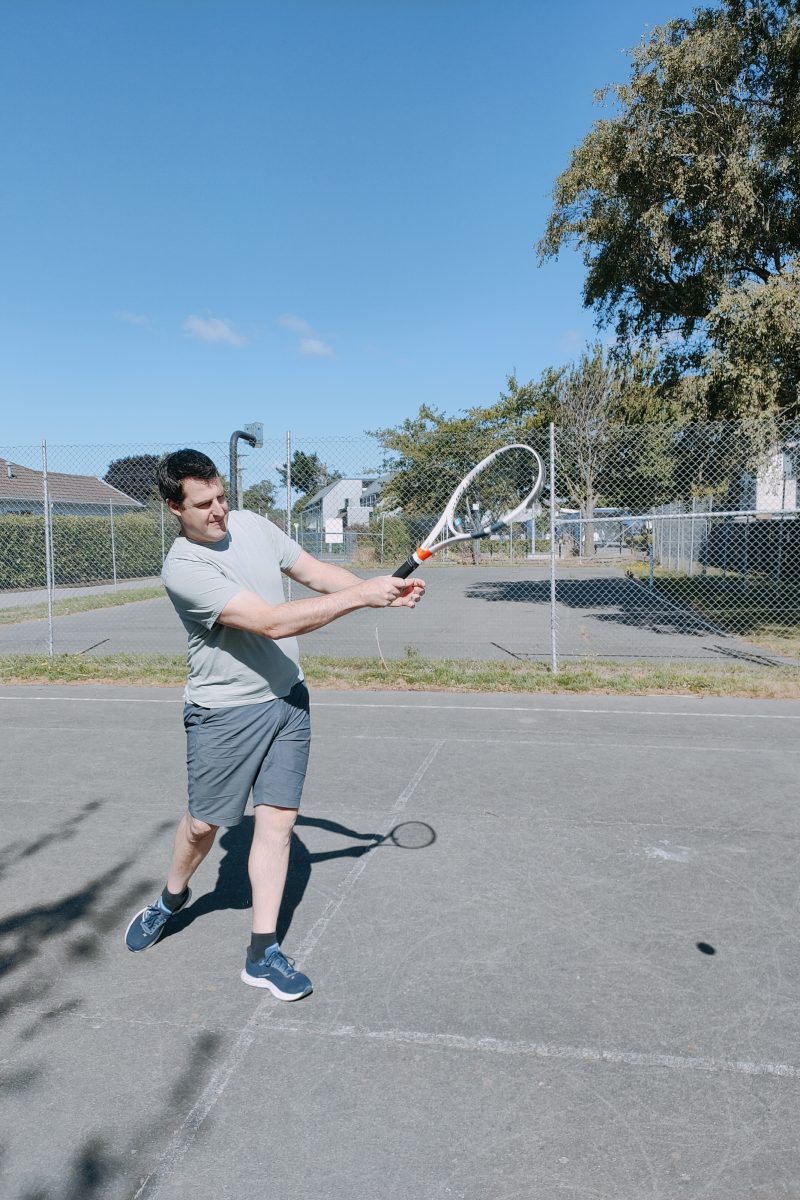Have you or someone you know had a concussion and are continuing to struggle with post-concussion symptoms? Concussion is a mild traumatic brain injury and alongside the brain injury the neck and the vestibular system in the inner ear can also contribute to symptoms.
Concussion services at our Pioneer and Colombo clinics
Concussion Research
The majority (80-90%) of concussions resolve in 7 – 10 days post injury, although recovery may be longer in children or adolescents (1).
Recent studies completed in Dunedin have shown that neck and Vestibular ocular reflex symptoms are present and contributing to symptoms in a large proportion of patients suffering from post-concussion symptoms varying between 54-90% with cervical contribution to symptoms, 72% with vestibular system contribution to symptoms and 40% both vestibular and cervical contribution (2,3)
In sports-related concussion, a combination of neck and vestibular physical therapy can decrease time to medical clearance to return to sport in 57 people with persistent headaches, dizziness and neck pain In the treatment group, 73% of the participants were medically cleared within 8 weeks of initiation of treatment, compared with 7% in the control group(4).
At Physiosouth we can offer a 1-hour concussion initial assessment within 1 week of referral with Stuart Knappstein who is based from our Pioneer and Colombo street clinics. Following this referral treatment can be commenced or a recommendation for referral to APM concussion clinic for patients that need more support in their recovery.
What Physiotherapy can provide:
- Detailed subjective assessment and history
- Cervical Spine Assessment and treatment including Mobilisations, Manipulation, Soft tissue treatment, Home exercises, and Acupuncture.
- Vestibular assessment including Canal assessment (BPPV) and treatment
- Balance assessment and treatment
- Motion sensitivity assessment and treatment
- Buffalo Concussion treadmill test to guide graduated build-up in symptom-free exercises.
- A treatment plan based on the above assessments
Vestibular System Dysfunction Symptoms
Vertigo & Dizziness
- Spinning or whirling sensation; a feeling of the person or world moving when it is not (vertigo)
- Symptoms can be present while sitting still, in specific positions, or with movement
- Lightheaded, floating, or rocking sensation (dizziness)
- A sensation of being heavily weighted or pulled in one direction
Balance & Spatial Orientation
- Imbalance, stumbling, difficulty walking straight or when turning
- Clumsiness or difficulty with coordination
- Difficulty maintaining straight posture; head may be tilted to the side
- Tendency to look downward to confirm the location of the ground
- Tendency to touch or hold onto something when standing, or to touch or hold the head while seated
- Sensitivity to changes in walking surfaces or footwear
- Difficulty walking in the dark
- Muscle and joint pain (due to difficulty balancing)
Vision
- Trouble focusing or tracking objects with the eyes; objects or words on a page seem to jump, bounce, float, blur, or may appear doubled
- Discomfort from busy visual environments such as traffic, crowds, stores, and patterns
- Sensitivity to light, glare, and moving or flickering lights; fluorescent lights may be especially troublesome
- Tendency to focus on nearby objects; increased discomfort when focusing at a distance
- Increased night blindness
- Poor depth perception.
Cervicogenic Symptoms
- Neck stiffness
- Neck Pain
- Headaches
References:
- McCrory P, Johnston K, Meeuwisse W, et al. Summary and agreement statement of the 2nd International Conference on Concussion in Sport, Prague 2004. Br J Sports Med 2005;39:196–204.
- Kennedy E, Quinn D, Chapple C, Tumilty S. Can the Neck Contribute to Persistent Symptoms Post Concussion? A Prospective Descriptive Case Series. J Orthop Sports Phys Ther.2019 Nov;49(11):845-854
- Van der Walt K , Tyson A , Kennedy How often is neck and vestibulo-ocular physiotherapy treatment recommended in people with persistent post-concussion symptoms? A retrospective analysis. Musculoskelet Sci Pract.2019 Feb;39:130-135.
- Schneider KJ, Meeuwisse WH, Nettel-Aguirre A, et al. Cervicovestibular rehabilitation in sport-related concussion: a randomised controlled trial. Br J Sports Med.2014 Sep;48(17):1294-8.




